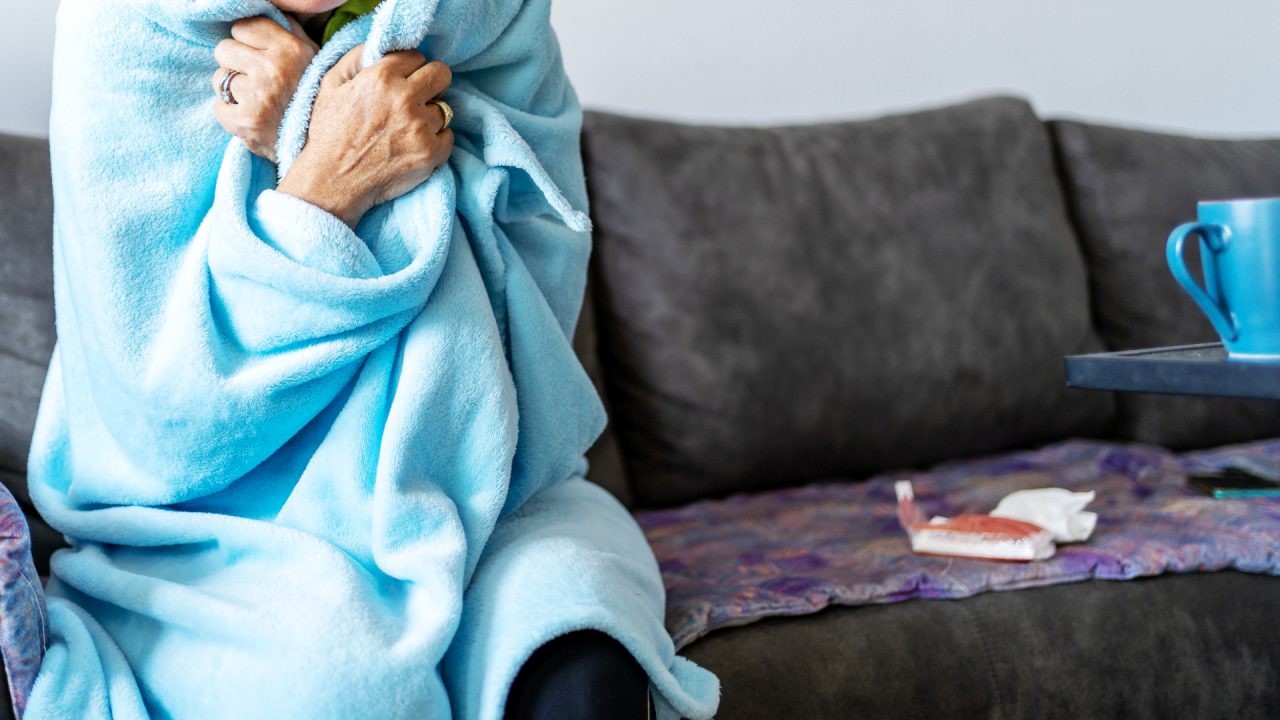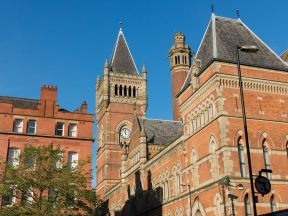As the colder weather sets in, the majority of Scots have left their heating off as they battle to save money amid soaring food and energy prices, a new survey has found.
Amidst almost universal pessimism about the economy – with 93% believing general economic conditions are worse now than they were this time last year and 77% expecting it to get worse – the survey found Scots are cutting spending.
Some 68% of Scots have resisted turning on the heating in an attempt to save money as the colder weather moved in during November, with nearly one in five missing meals to try to make ends meet.
Six in ten Scots told the David Hume Institute and the Diffley Partnership survey they planned to spend less on restaurants and hotels, while 58% planned to cut down on leisure and culture spending over the next 12 months.
Mark Diffley, director of the Diffley Partnership, said the public north of the border continued to have “widespread concerns about both the state of the economy and their ability to cope with the ongoing cost of living crisis”.
“Although concern and anxiety are widespread, we continue to see those in the most precarious situations feeling most vulnerable and ill prepared, particularly those who live in the most deprived parts of Scotland,” he said.
In Scotland 65% of people felt their financial situation had worsened over the past year.
The survey, which questioned 2,191 Scots between November 3 and 8, found the poorest were being further pushed into financial insecurity.
One in five of the least well off had to borrow money from family or friends, while 19% had used a buy-now-pay-later scheme when they otherwise would not, the quarterly survey found.
“Despite a modest fall in pessimism about the economy over the next year, policymakers and business will be concerned with the finding that spending on non-essential items, like leisure, eating out and holidays, is likely to fall significantly over the coming year,” Mr Diffley said.
The Understanding Scotland survey also found that 49% of those living north of the border thought Scotland was heading in the wrong direction, and 79% of people said they viewed the economy as being set up to benefit the interests of the wealthy.
Susan Murray, director of the David Hume Institute, said it was the hospitality and culture industries being hardest hit as people cut back due to rising food and heating costs.
“The cost of living is continuing to have prolonged effects in the ways in which people are choosing to spend their money,” she said.
“Although Scots are less pessimistic about the state of the economy next year, we are still witnessing significant financial stress among families with more than one third of parents losing sleep due to financial stress.”
The survey found two in three parents were dissatisfied with the ability of their income to cover the cost of living, while nearly three in ten said their current financial situation was worse than it was a year ago.
And the pressure is taking its toll on families, with one in three having told the survey they have lost sleep due to stress or anxiety about personal finances and higher percentages of parents reporting borrowing money from family or friends and using credit cards or buy now pay later schemes than people without children.
Follow STV News on WhatsApp
Scan the QR code on your mobile device for all the latest news from around the country


 iStock
iStock
























